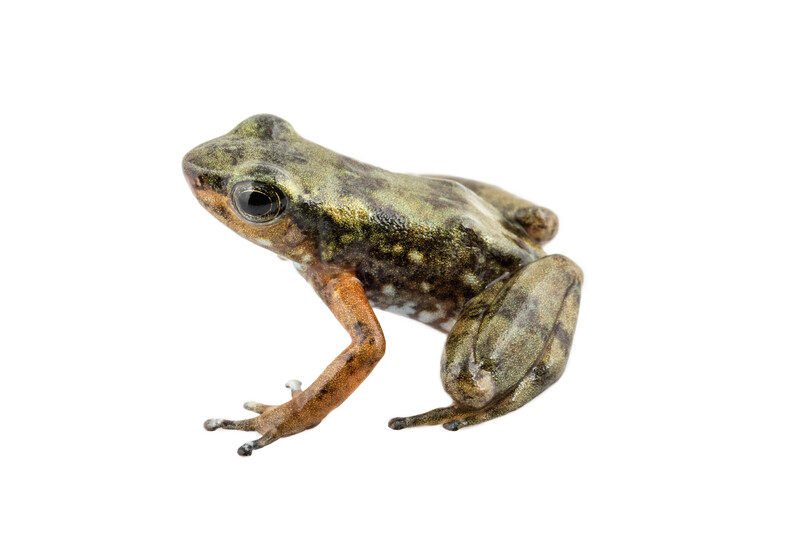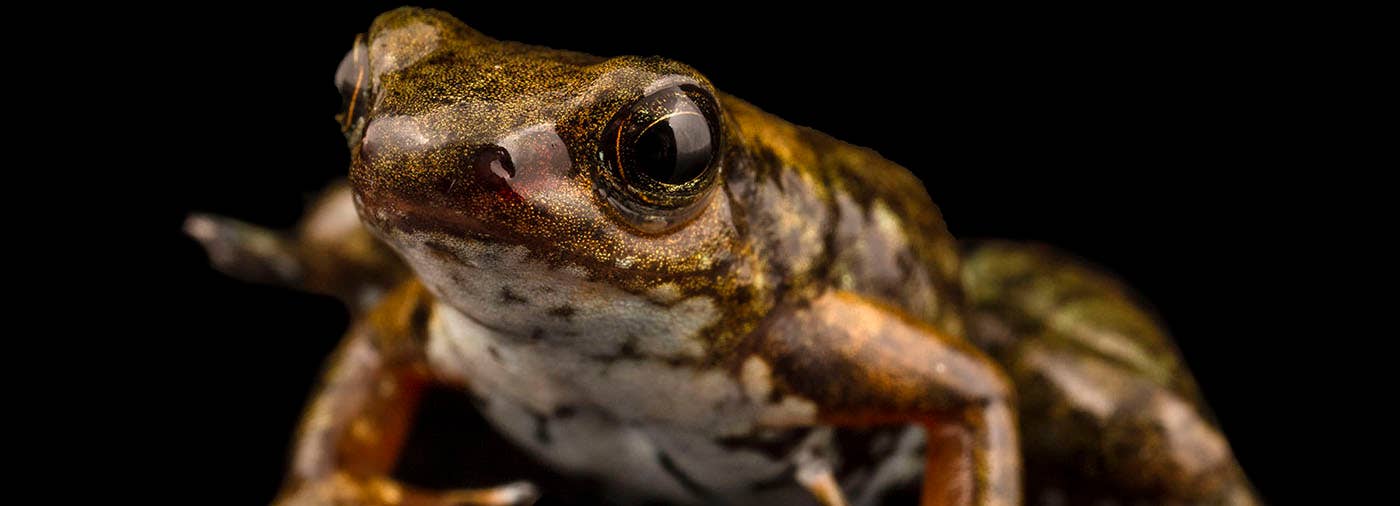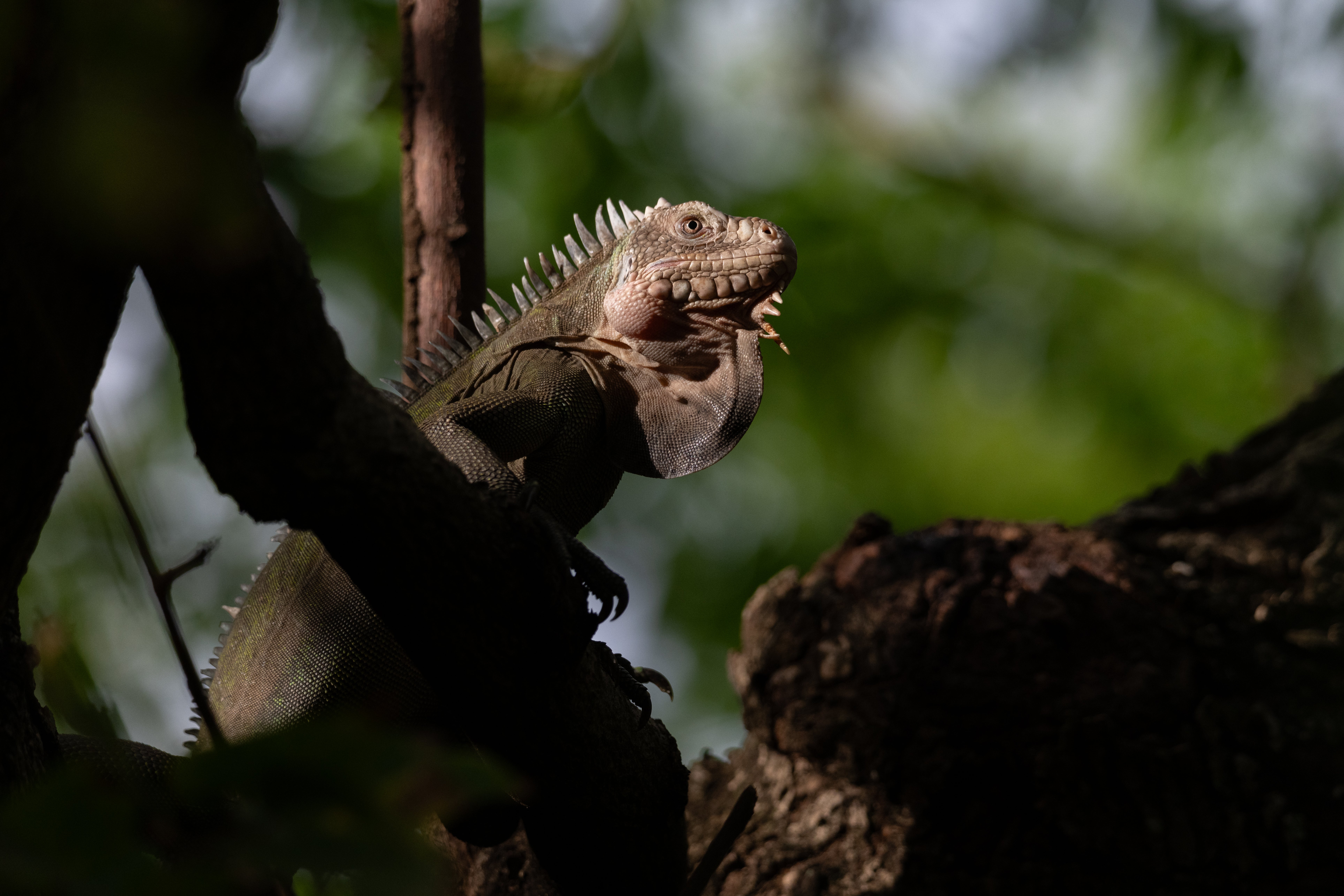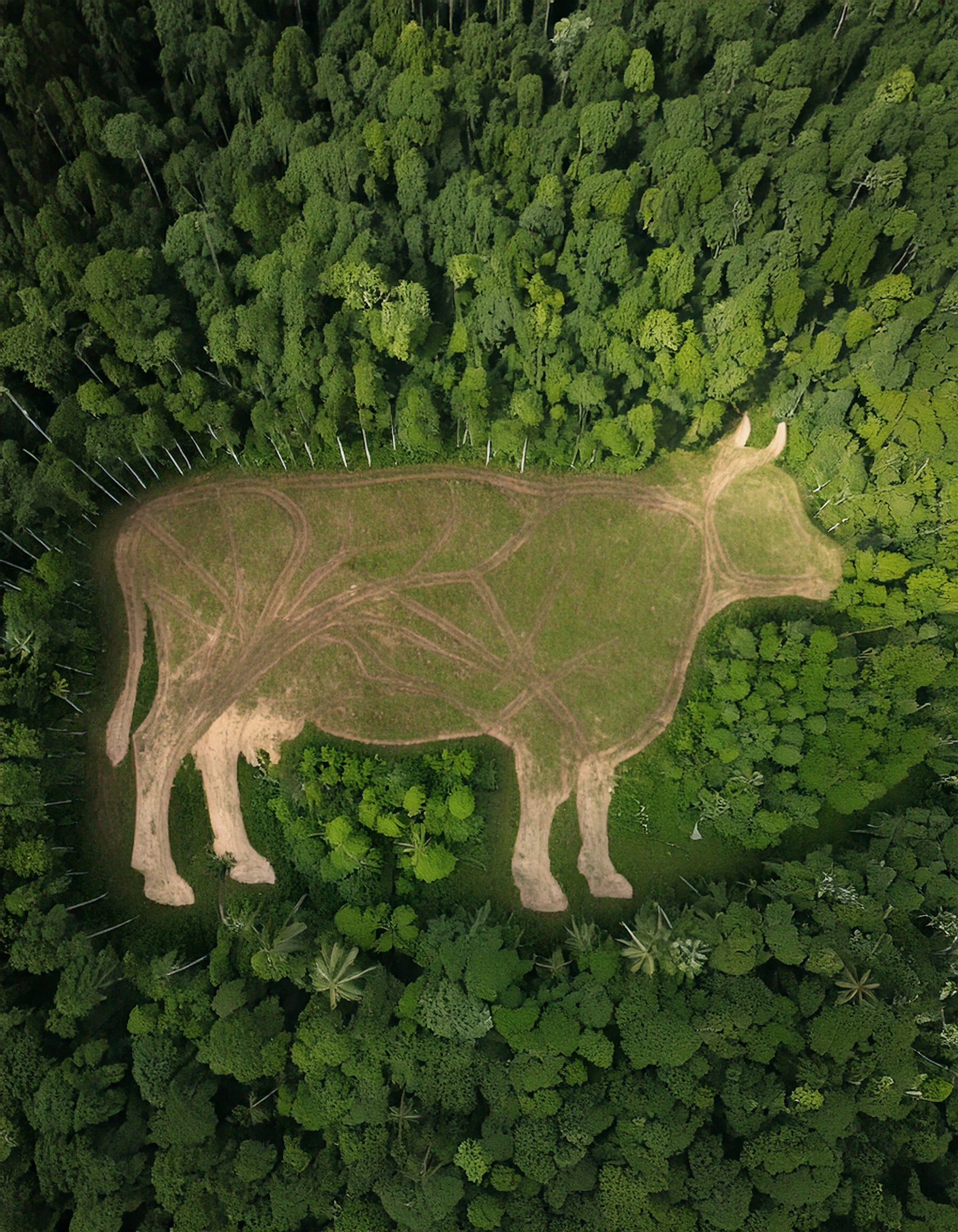A new species of rocket frog discovered in Ecuador’s Intag Valley has been named “rana cohete resistencia de Intag,” which translates to “Intag’s resistance rocket frog” in English. The frog was discovered in an area of Intag Valley that is slated to be destroyed for the Llurimagua mining project. The name was chosen in a public online vote and revealed today, May 4, in celebration of International Amphibian Week."This little rocket frog's name is proof that communities in Intag are not ready to give up," said Lina Valencia, Andean countries coordinator, Re:wild. "The best chance we have to address the climate crisis, the extinction crisis and to safeguard human health is to protect endangered species and the places they live. Amphibians throughout Ecuador's tropical Andes need to be protected from threats like mining."Local communities challenged the Llurimagua mining project in court, arguing that because they were not consulted about the project, as required by law, and because the project’s environmental impact assessment did not include critically endangered species, like rana cohete resistencia de Intag, the mining concession should be canceled.
In February 2022, a judge ruled that the mining project could go ahead and that it did not violate the rights of nature or the rights of local communities. The legal team representing the local communities asked the judge for more information about the reasoning behind the ruling, but the motion was denied in March 2022. The legal team is appealing the ruling, and a higher court will hear the appeal in July.“At a time when the green energy transition is in full swing, rapidly increasing demand for key metals, such as copper, it is essential that humanity become aware that the demand will drive human rights abuses, contaminate rivers in perpetuity, and extinguish species, such as the Intag resistance rocket frog, unless we all do something to prevent it,” said Carlos Zorilla, co-founder, Defensa y Conservación de Intag.In the meantime, local communities asked people around the world to stand in solidarity with them by voting on a potential name for the species of rocket frog discovered in 2019. Since voting opened on March 22 1,878 votes were cast. The winning name “rana cohete resistencia de Intag” received nearly 84% of votes. The name represents hope that the Ecuadorian government will recognize the rights of communities and of nature by canceling the concession. The other name, “rana cohete condenada”, means “doomed rocket frog” and represents the Cotacachi canton court’s decision to destroy the frog’s home and endanger the biodiversity of all of Intag. It received a little more than 16% of votes.
An independent partial survey of amphibians living in the Llurimagua mining site by Centro Jambatu for Amphibian Research and Conservation found 22 species of frogs living in part of the concession area, which is rich in primary cloud forests and pristine streams. Centro Jambatu, however, believes that there could be closer to 100 species. The longnose harlequin toad, a species that was believed to be extinct until it was rediscovered in 2016, also lives inside the Llurimagua mining concession and nowhere else on earth. Besides the two endemic frogs, the area is home to dozens of other animals threatened by extinction, including the critically endangered brown-faced spider monkey, one of the world’s most endangered primates.The Llurimagua mine is the latest in a long history of mining projects in the region. Intag Valley has been the target for mining since the 1990s when a Japanese company initially planned to mine the area for copper. In the 27 years since the first mining concessions were granted without prior consultation, local communities have been fiercely opposed to mining. They have said that they were never consulted about Enami and Codelco’s mining plans, which is required under Ecuador’s constitution. Community resistance to mining in Intag Valley is the longest in Ecuador’s history.
Caption: The newly named rana cohete resistencia de Intag or Intag’s resistance rocket frog in English. The species was originally discovered in Intag Valley in 2019 in an area that will be mined for copper. (Photo by Centro Jambatu)# # #
Re:wildRe:wild protects and restores the wild. We have a singular and powerful focus: the wild as the most effective solution to the interconnected climate, biodiversity and human health crises. Founded by a group of renowned conservation scientists together with Leonardo DiCaprio, Re:wild is a force multiplier that brings together Indigenous peoples, local communities, influential leaders, nongovernmental organizations, governments, companies and the public to protect and rewild at the scale and speed we need. Learn more at rewild.org.
DECOIN (Defensa y Conservación Ecológica de Intag)DECOIN was founded in 1995 as a response to the mining threat in Intag. It is still our main focus of work. We work closely with communities and local governments aligned with our vision, with whom we have been able to conserve 12,000 hectares (30,000 acres) of native forests and created 38 community-owned forest reserves that protect water sources and dozens of endangered species.Along the way, we’ve planted tens of thousands of native trees and supported sustainable activities, such as community ecotourism and shade-grown coffee. Because of our work, in 2017 the UN awarded us the Equator Prize.
Jambatu Amphibian Research and Conservation CenterCentro Jambatu generates knowledge and research about amphibians, with the aim of developing technologies and implementing a modern “Noah’s Ark” for endangered frogs. The center works with scientists, conservationists, educators, communicators, and local communities to mitigate and prevent the decline and extinction of amphibians. Conservation action is taken proactively, addressing and mitigate both traditional and new threats to frogs, toads, salamanders and caecilians.
Alianza par los Derechos Humanos EcuadorThe Alliance for Human Rights of Ecuador is a group of organizations formed in the context of the National Strike of October 2019 and is currently consolidated during the health emergency due to the COVID-19 pandemic. We are 15 organizations that combine efforts, experiences and knowledge to develop a collective work that contributes to the respect and guarantee of human rights, peoples and nature. We carry out advocacy processes before the competent authorities and in the national and international public opinion, as well as in the national and international systems for the protection of human rights. https://ddhecuador.org/Twitter: @DDHH_Alianza






